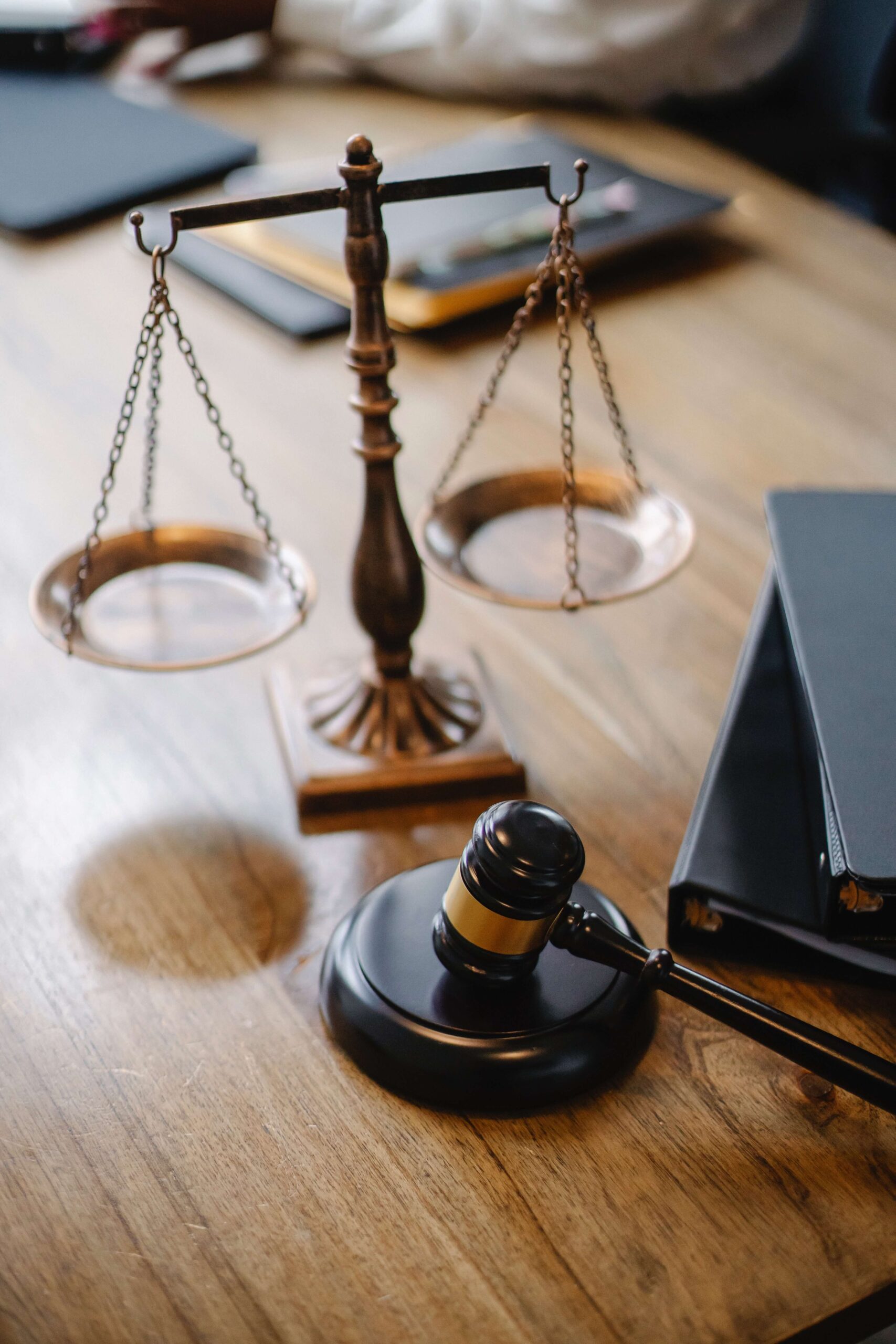A victim’s rights (as well as obligations).
Every person is different. Everyone has had their own experiences. This means that the consequences are different for each victim of a sexual or violent crime: what is a skirmish for one person is a serious assault for another.
This difference in experience also determines how a victim experiences the victim rights granted in Article 51a et seq. of the Code of Criminal Procedure.
The “proper treatment” formulated in the second paragraph of art.51a Sv is not so much a “right” as an instruction to the judiciary to communicate with a victim and take her/him seriously in victimisation.
A victim has a right to be informed about the course of the criminal proceedings against the accused and may take note of the criminal file. In this, it is notable that a victim has to substantiate his/her psychological injury with written information about his/her mental state, while psychological reports from the accused are not provided to the victim due to privacy laws.
There are gains to be made here.
What is less known is that a victim can have information added to the criminal file. However, the prosecutor decides whether, and if so, what is added to the file.
The right to speak is sometimes a tricky one to explain, because not always and certainly not everyone has the right to speak, while there may be several victims of one crime. Think of a victim’s parents, who have to provide (extra) care, or witnesses of a serious assault or shooting. Those witnesses may also suffer trauma and therefore also be victims. In any case, they do not have the right to speak.
Then there is also the right to protection. For victims of sexual and/or domestic violence, stalking and the like, there is the possibility through the Arosa Foundation of a so-called aware button, an alarm button one can use if the attacker is seen in the neighbourhood. However, something (“serious”) violent must first have happened and the threat of repetition must be real before such an alarm is issued.
What still happens a lot at the moment is “getting the victim to safety”. In other words, the victim must go to a safe house, away from their own environment, while the attacker is free to go wherever they want.
As far as I am concerned, this is the upside-down world and there are certainly gains to be made here.
A victim’s duties come to the fore especially when recovering damages caused by the inflicted injury. The victim must substantiate the damage with all kinds of (medical) information which, especially in vice cases, can have quite an impact on the victim.
Experience has shown that it is difficult to estimate what a criminal court requires from a victim in terms of substantiation: too much information means too much of a burden on the criminal proceedings; if there is too little information, the case will be dismissed or declared inadmissible due to lack of substantiation.
Finally, a final obligation: if a victim is called as a witness in the criminal case in which he/she is a victim himself/herself, he/she is obliged to appear and the accused’s lawyer has a full right of questioning.
Here lurks the danger of secondary victimisation because a victim/witness has to testify about self-perceived facts and circumstances and this is not compatible with the emotional consequences of the crime committed against that same victim/witness.
The bottom line is that after reporting the crime, the judicial mill starts turning and the victim cannot escape. It is worth remembering that a victim not only has rights, but certainly also obligations. Awarding compensation, despite all the rights a victim has, is still not a foregone conclusion.
7 October 2021
Mr E.C.H. (Ellen) van Loosbroek



